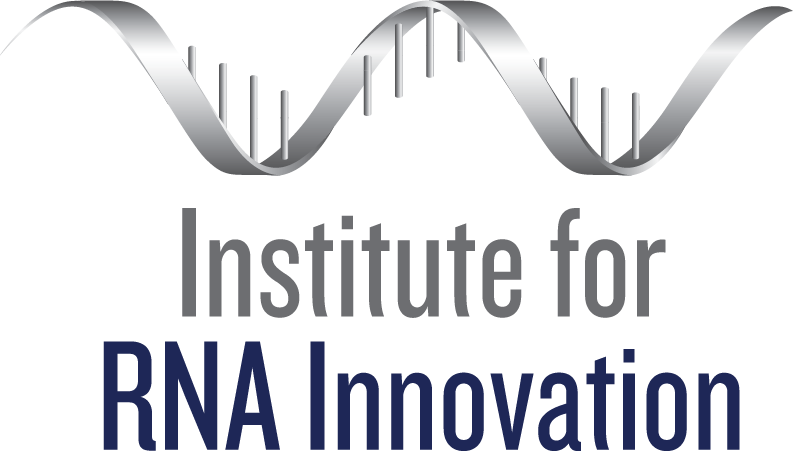
RNA plays a central role in biology and has recently emerged as a therapeutic modality as new technologies have made it possible to use RNA to modulate biological pathways to cure disease. One of many diverse areas of RNA therapies includes RNA vaccines, which produce a protein for the development of antibodies and T cells to fight disease. mRNA vaccines were first used to treat infections, and this has made a fundamental impact globally to protect us from SARS-CoV-2. This platform is under development for additional pathogens as well as other diseases. Another therapeutic use of RNA involves anti-sense RNA, including the small RNAs such as siRNAs and AMOs which bind to their cognate mRNA. These small RNA can direct targeted degradation or suppression of mRNA and can also alter RNA splicing to correct genetic disorders. Small-molecule RNA modulators and RNA inhibitors are also underdevelopment to alter RNAs and thus biology. Many RNA-based therapeutics are targeting diseases for which conventional drugs have not been successful. Continued pioneering discoveries in how broadly we can implement existing technology and how we can create new technologies for RNA therapeutic use, hold great promise for new cures for human disease.
The Therapeutics branch of the Institute for RNA Innovation will bring together research groups from across the University of Pennsylvania and the Children’s Hospital of Pennsylvania to promote the development and implementation of RNA therapeutics. We will foster collaborations and promote new initiatives to facilitate these activities.

